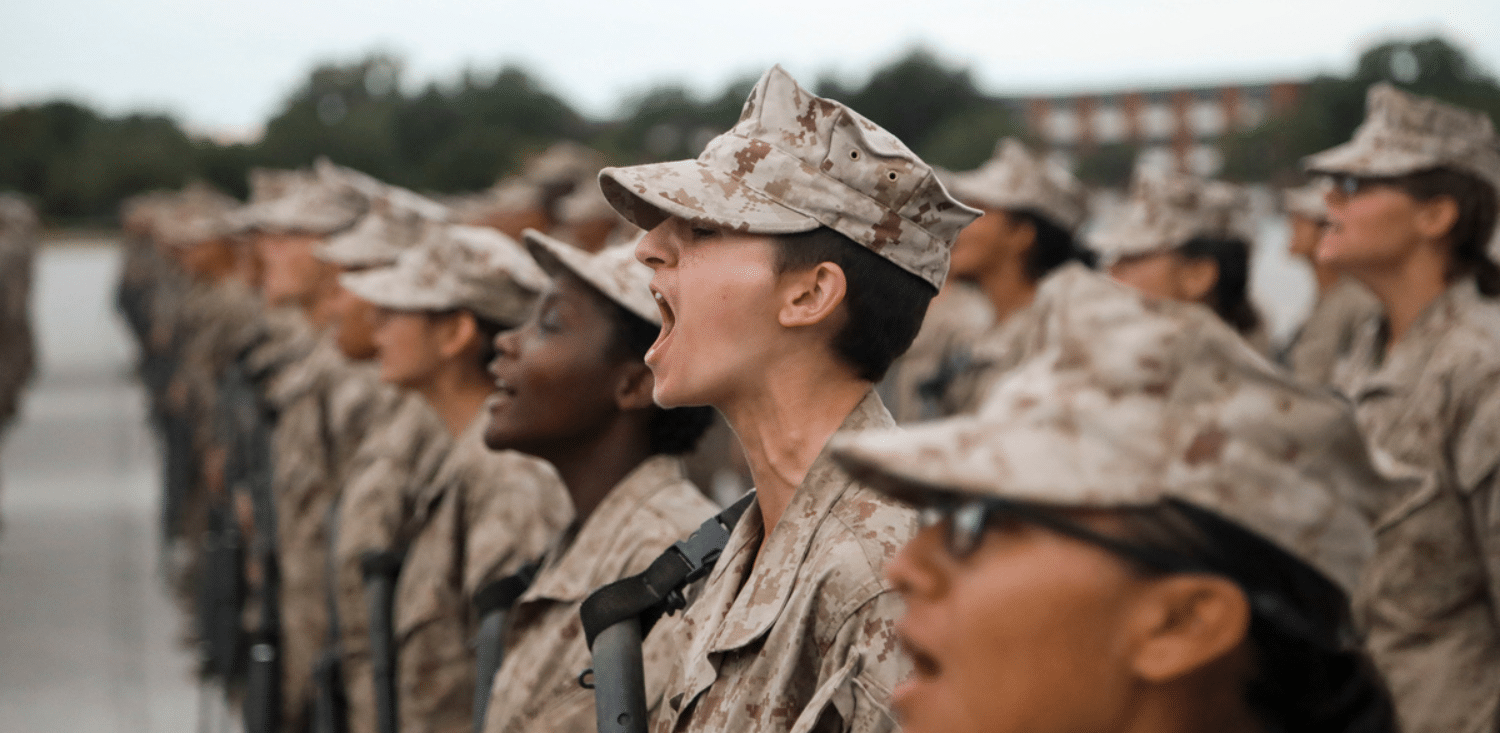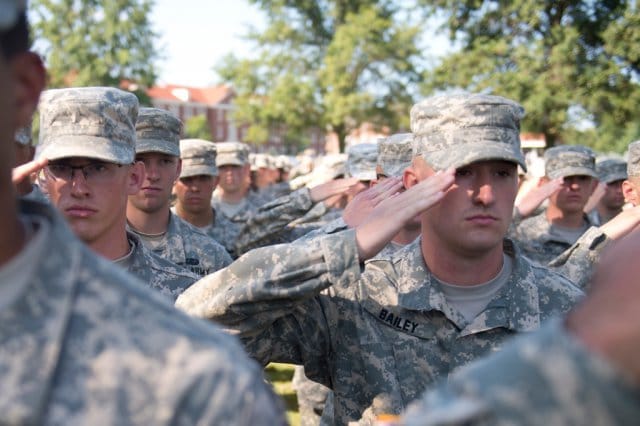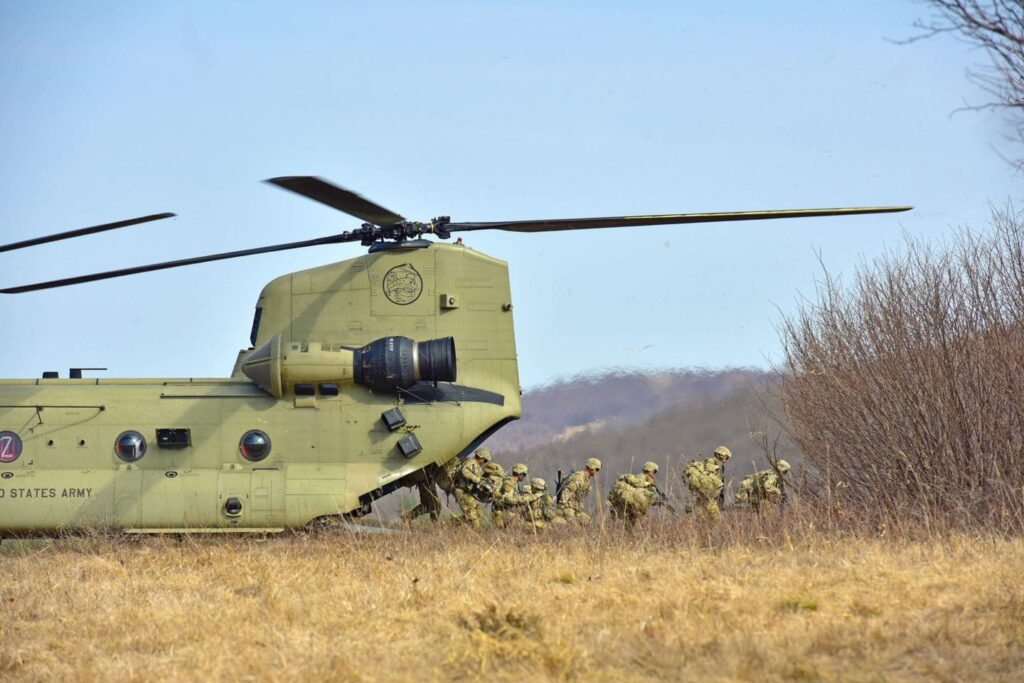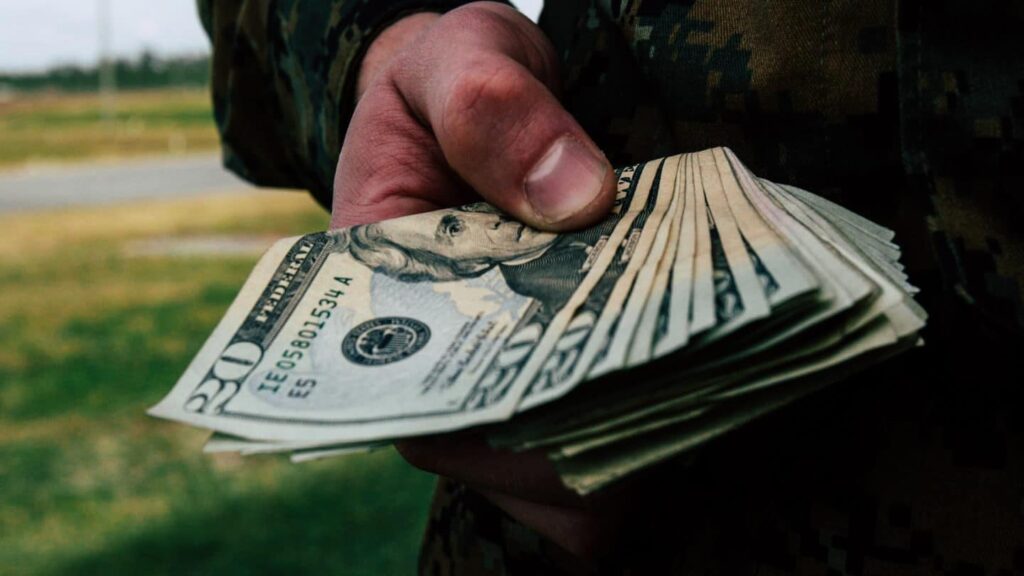I ended up as a Lance Corporal in our beloved beer club for five (mostly) glorious years. During that time, I got to do all the cowboy stuff I signed up for, along with some stuff I did not sign up to do. We can talk more about the privilege of serving among Marines later, what I’m here to delve into is something that very few Devil Dogs join for — Money.
Money and the Marines
Money isn’t something I had a lot of when I signed my enlistment contract on a wobbly kitchen table in a double-wide. Looking around, most Marines I encountered didn’t come from trust-fund backgrounds. For most of the recruits I graduated boot camp with, we all of a sudden had more money than we had ever seen before. For some, it still wasn’t enough to cover civilian debts they carried with them. For others, the steady paychecks were just enough rope to hang ourselves with. We were kind of an isle of misfit toys, a commonality that glued us together.
We all got paid the same amount on the same day, so it was always fun to see what people bought with their bi-weekly paychecks. There’s a vicarious element in seeing what you could have got with the same money if only you hadn’t already spent all of your own cash. It was wild for the first weekend of the pay period, and a ghost town the next — as if we all went broke every couple weeks… Those long days between the first and the fifteenth.
Learning to live with money
Oftentimes young Marines don’t even have to self-sabotage their own wallets. As hoards of battle buddies roam the streets of any base town, marketers with years of data-driven insights and sales experience are waiting. We (the new Marines) hit the town feeling like a million bucks, with big egos and full wallets. The salespeople see us coming like a pack of three-legged deer. They know more about our money than we do. Any trained eye can immediately detect the money a service member doesn’t have left. This concept (“opportunity cost”) is frequently weaponized against those who don’t pay attention. The “jar head” with the fresh haircut sees a new car they can finally afford. The experienced eye sees six to eight hundred less dollars they have available each month.
Spending your last dollar always stings… but it carries a relatively low consequence when you can just eat chow hall food until the next payday. As such, even those who start the month trying to “do better” can end up over-indulging. Living paycheck to paycheck is a lot like respawning out of a Grand Theft Auto hospital with $4 left to your name, and no real choice but to hunker down and focus on how to beat the game with the resources you have available.
When you’re new on the scene there can be a lot to navigate. There’s a fire hydrant’s worth of new knowledge you’re responsible for learning and performing. This stream of new information raises lots of questions, many of which we never feel comfortable to ask out loud. The questions we are able to spit out still need to be deciphered by someone that can provide a helpful answer; an answer that gives you an actionable insight. Finding this type of mentor is a lucky feat, and should be cherished like treasure. When I checked into the fleet, my cherished treasure of a mentor’s name was Max (altered for privacy), and he taught me what I needed to know to survive in a way I could understand.
Finding a mentor
You see, Max was just getting back from Afghanistan right as I was checking into the squadron. Max and I were both Huey Crew chiefs – the mechanics and door gunners that fly in the back of the open-door utility gunship helicopters. Max could easily have been a jerk to my peer group of new check-ins. He had been there, done that and got the T-shirt. He had a chest full of ribbons, and combat aircrew wings. There was a lot to admire about this decorated 23 year old Lance Corporal that had been around the world. He had a way of including you in a story so you could learn how you might be able to provide value in a similar situation. I clung to him as a mentor.
Having someone trustworthy to point you in the right direction makes a huge difference in one’s development. Like a seed that gets soil, sun, and water next to one kept in an empty jar. The first seed we’d expect to flourish — if it didn’t we would assess the soil and water until we found the culprit preventing our harvest. We should not have expectations of the second seed, so long as it is deprived of the resources it needs to grow. You deserve to be like the first seed. You need resources to grow, and troubleshooting skills, in case you pop out of the dirt somewhere you weren’t expecting to.
Fortunately, there is a network waiting to help you prosper.
I’m excited to share with you my findings from over a decade’s worth of research in Military Psychology, the style I soaked up from “Max” as a crew chief, some of the techniques I gained at WTI (The Marine Corps’ Top Gun) as an aerial gunnery instructor, and what I learned as the first Veteran to earn a Master’s in Applied Psychology at the University of Southern California. I will teach you about budgeting, investing, debt management and more military money topics.
We can do more with less. We can “think hard about things that are hard to think hard about” and work as hard as we need to until the job is done.
My name is Brandon Childers, and I’m the founder of Freelance Corporal.






